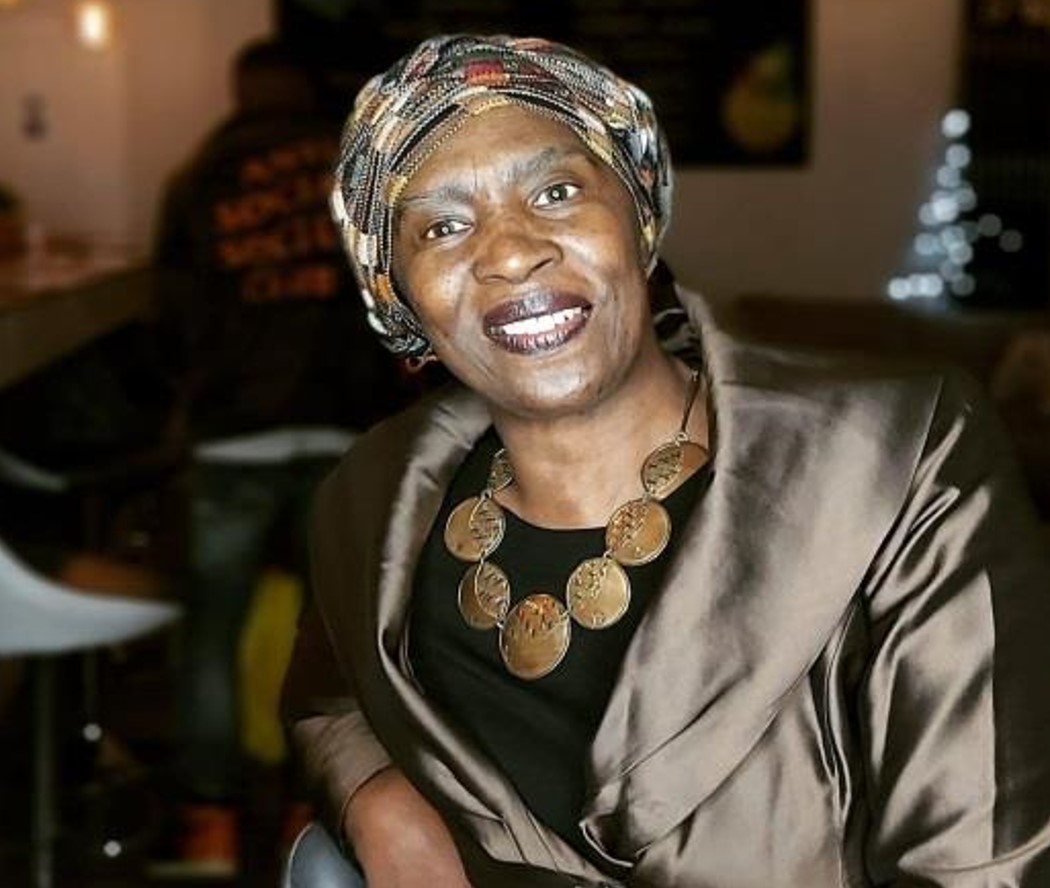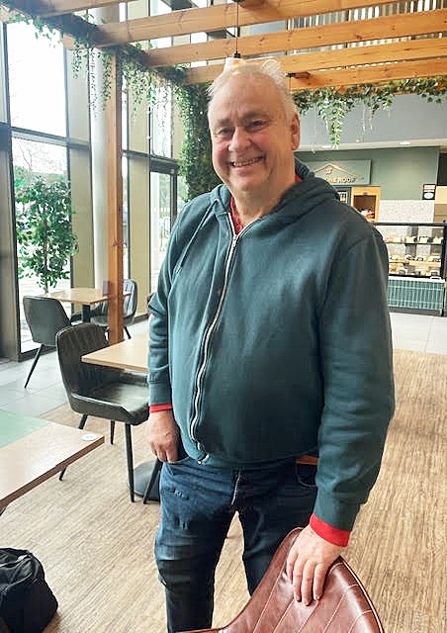May appeared to be the month nominated to focus on mental health issues. So, the many media platforms and outlets has been full of videos, articles and debates that feature the challenges faced by those with mental health issues, carers with the responsibilities of caring for their loved ones, the professionals working to deal with the current crisis levels of need and the politicians grappling with the financial burdens of dealing with the situation.
The month, for me, has only reinforced my view that the Black Communities have been left behind when it comes to dealing with our particular crisis. Why do I say this?
Well, the diagnosis of mental health illness has been easy to make for black youth, particularly our young men, for decades. However, dealing with the root cause has not featured highly for those in the position to take action to deal with the disproportionate numbers of black people in mental institutions or on medication. Given that has been a major challenge in our community, should we be surprised we are faced with the same situation when we look to the mental health of our elders?
This month has featured Dementia as the topic for our focussed attention. So, what does that mean for us a Black Community and what is Dementia?
Dementia, simply put is a collective term for the loss of memory and thinking skills.
According to studies, Black people in the UK are more likely to develop dementia than those from other ethnic groups but are still much less likely to be diagnosed and receive support, warned the authors from University College London and King’s College London who conducted the study.
Dementia affects more than 25,000 people from black, Asian and minority ethnic groups in the UK. The population makeup of the UK means that these numbers will only increase with time. In fact in 2017, research findings predicted that by 2051 the number of people suffering from dementia will double, however, in the BME community the numbers will increase by 7 fold!
So, what is it that makes our life and death, and more importantly our health and disease patterns, so different?
One answer lies in what challenges we face in life and the toll it takes on the brain to constantly overcome those challenges. The most immediate environment in which our brain is born and developed, and later interacts with during our adult life, makes all the difference. It impacts how we view the world and react to it, and affects our brain health tremendously. If that environment is full of injustice, discrimination, and racism, our brain experiences huge amounts of stress that dramatically decrease its healthy function.
The question we always have to ask ourselves is,
“Armed with the findings from the many research and studies, what should we be doing to change the landscape of care for our elders?”
I believe we need to learn more and speak more openly about the subject. Too often we deny these health issues and therefore deny the support that should be demanded for us and our loved ones.
WE need to work together to identify our pressure points and the existing organisation in a position to lead a movement to alleviate those challenges.
So, I ask you to contact me with your thoughts on the way forward and topics for discussion in this column to ensure we change the landscape of care for our elders.
Sherril Donaldson
This email address is being protected from spambots. You need JavaScript enabled to view it.

















